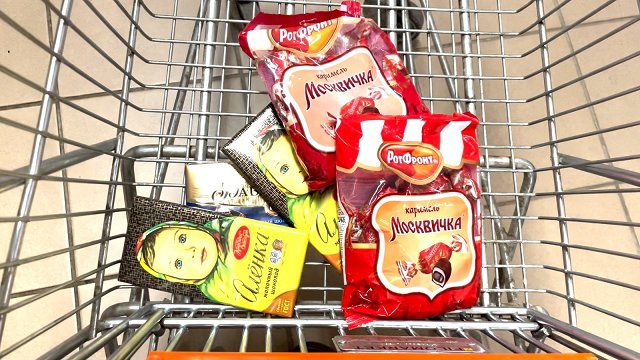During the strict pandemic restrictions, businesses opened online stores for grocery sales one after another. This year, there is a reverse trend. For example, in January, the closure of the online store was announced by Orkla.
"Return to face-to-face shopping resulted in a gradual decline in demand for e-store services as well. And that's why, following the change in shoppers' habits, we have decided to close the e-shop for a while," said Laura Bagātā, representative of Orkla Latvija.
Food Union-owned internet store PienaVeikals.lv, which turned 3.1 million euros last year, will also end operations within the coming weeks. It observed a downward trend in demand at the end of the year.
"We've seen recently that consumers prefer to shop in stores. Therefore, after carefully evaluating the changes in demand, we decided to close the PienaVeikals.lv starting on March 15 this year," said Artūrs Čirjevskis, head of Food Union in Europe.
The biggest grocers – supermarkets – have a very different tendency. Especially those with a wide range of products on offer. During the strict pandemic restrictions, all remote shopping demand could not even be met.
Supermarket e-shops started ramping up volume and, unlike manufacturers who close their stores, supermarkets are still seeing the future in e-shops. Work can now be done in calmer conditions, with the number of buyers stabilized. While only a few percent of customers buy food online compared to visiting in-person stores, that number is still growing.
Customers are all different – new parents, people with mobility difficulties, and busy people who don't have time to make face-to-face purchases. For example, the Maxima online store Barbora concluded that some of Daugavpils's clients do not live in Daugavpils at all.
"We see shoppers ordering for their parents - the elderly in another city. Basically, they make purchases for them because, for one reason or another, they find it difficult to shop," said Jons Jočis, a board member at Barbora.
Unlike during the pandemic, e-store shoppers' demands have been growing. Consumers demand a convenient app and speed, whether it be quick on-site pickup in store or quick delivery of goods to the front door.
"Shoppers are keen to get everything quickly and instantly. If during the pandemic they devoted more time to compiling large purchases and there was also an opportunity for them to wait for this purchase, the buyer wants everything very quickly and is also ready for spontaneous purchases in the e-shop," says Rimi Latvija representative Ieva Bite.




























